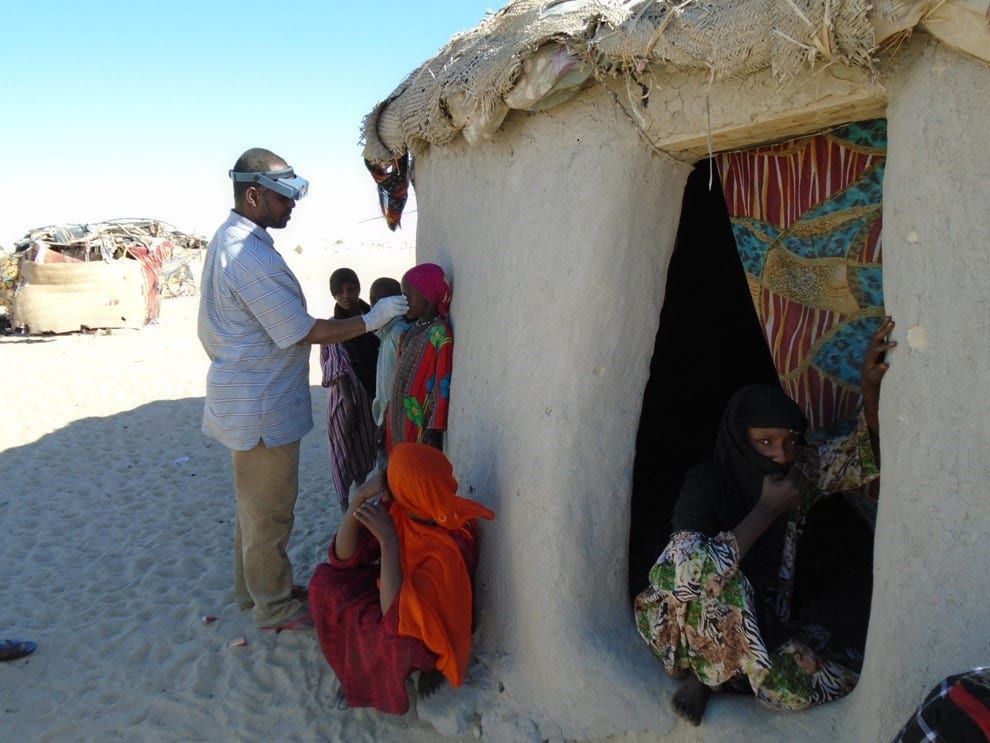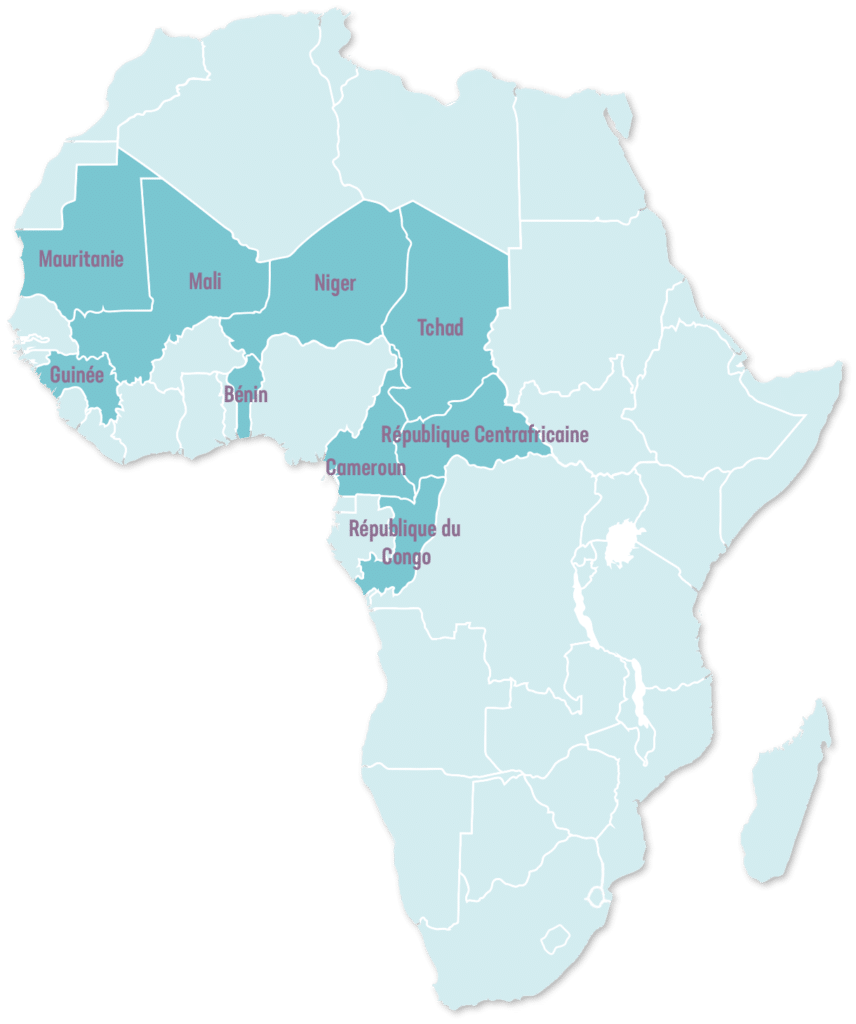What is Trachoma?
Trachoma is a painful disease caused by a bacterial infection of the eye. The bacterium Chlamydia trachomatis is commonly found in poor communities that have limited access to adequate sanitation and water.


Trachoma is a painful disease caused by a bacterial infection of the eye. The bacterium Chlamydia trachomatis is commonly found in poor communities that have limited access to adequate sanitation and water. It is transmitted through contact with eye and nose discharge of infected people and is easily spread through contact with an infected person’s hands or clothes or spread by flies. Children are particularly at risk, as they spend the most time outside. If trachoma is left untreated, continued infection leads to the scarification of the eyelid, which causes the eyelashes to turn inward so they rub the surface of the eye, causing discomfort, pain and permanent damage to the cornea, which leads to irreversible blindness.
Trachoma is also classified as a neglected tropical disease (NTD).
Trachoma is caused by a infection of the eye by the bacterium Chlamydia trachomatis. The infection is passed from person to person, often from child to child or from child to mother, especially in areas with water shortages and poor sanitary conditions.
Trachoma eventually causes the eyelid to twist inward and the eyelashes to rub against the eyeball, causing severe pain and scarring the cornea. These lesions cause irreversible blindness.
Trachoma is diagnosed with an examination of the inner side of the eyelid, looking for follicles and scars (the inflammatory stage), as well as the presence of inward-facing eyelashes rubbing against the eyeball (the blinding stage).
The World Health Organization (WHO) recommended strategy to control trachoma is the SAFE strategy (Surgery, Antibiotics, Face washing and Environmental change), which consists of multiple interventions designed to reduce transmission, treat infection, and correct disease aftereffects. This includes:
Environmental change: improving access to drinking water and sanitation, and advocacy efforts to promote better eye health and hygiene.

Francophone Africa is frequently overlooked by international development stakeholders when it comes to restoring sight and providing quality eye care. The Organization for the Prevention of Blindness (OPC) works with local governments, civil society organizations and communities to fight blindness, restore vision, encourage local ownership of eye health care systems and ensure human right to sight.






